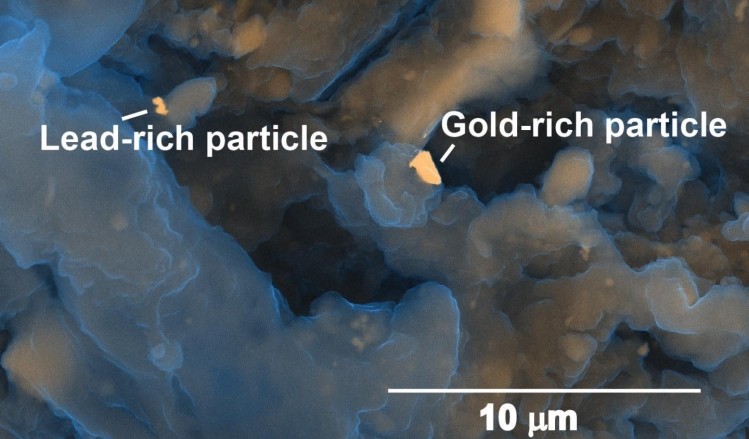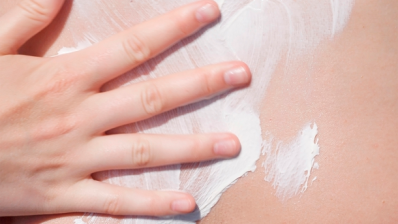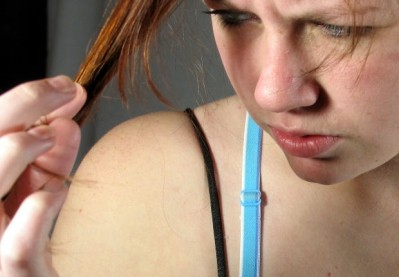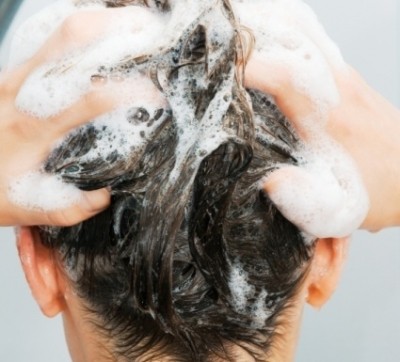'One man's trash is another's gold': cosmetic metals found in human waste have value

Researchers who have spent the last eight years rummaging around sewerage tanks have found that the level of metals in faeces are comparable to those found in some commercial mines.
The team at the U.S. Geological Survey (USGS) have been identifying metals that are getting flushed and how looking at how they can be re-used or recovered.
According to The Telegraph, the UK produces more than 1.13 million tonnes of sludge dry solids or an average of 20 kilogrammes per person.
Therefore, using the proportion from this team's research, the publication reckons this would mean that in the UK about £500 million (€679m) worth of precious metals could be collected annually from human waste.
Metals in cosmetics
Although regulatory bodies have been working hard to make sure cosmetic formulations are safe for consumers, dermatologists now say unlike heavy metals such as silver, topically applied copper can be metabolized by the body, thus lowering the risk of toxicity.
The compound is known to smoothen out acne scars and skin blemishes and is present in hair products such as copper hair serum where it increases the size of hair follicles; giving the appearance of thicker and fuller hair.
May be worth it's weight in gold...
The scientists presented the study at the 249th National Meeting & Exposition of the American Chemical Society where USGS geologist Kathleen Smith said:
"There are metals in your hair care products, detergents, even nanoparticles that are put in socks to prevent bad odors." Whatever their origin, the wastes containing these metals all end up being funneled through wastewater treatment plants."
Smith's group has already started to discover metals like platinum, silver and gold. She states that they have observed microscopic-sized metal particles in biosolids using a scanning electron microscope.
"The gold we found was at the level of a minimal mineral deposit," and that "the economic and technical feasibility of metal recovery from biosolids needs to be evaluated on a case-by-case basis."
The work
According to Smith, the study was a two-pronged approach where the researchers looked at removing some regulated metals from the biosolids that limit their use for land application.
"In the other part of the project, we're interested in collecting valuable metals that could be sold, including some of the more technologically important metals, such as vanadium and copper that are in cell phones, computers and alloys," she adds.
To do this, they are taking a page from the industrial mining operations' method book and are experimenting with some of the same chemicals, called leachates, which this industry uses to pull metals out of rock.
While some of these leachates have a bad reputation for damaging ecosystems when they leak or spill into the environment, Smith says that in a controlled setting, they could safely be used to recover metals in treated solid waste.





















